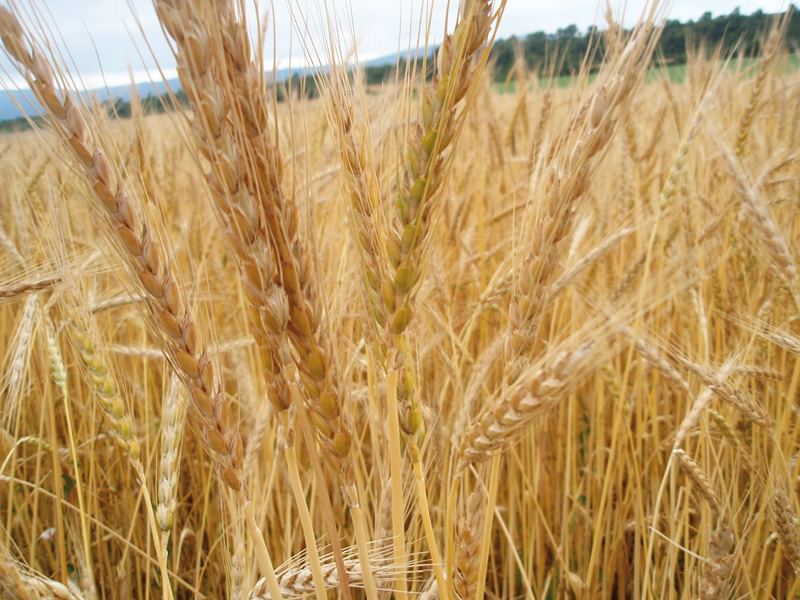

“Direct exchanges of cerealists, cerealists, 2016”. The e-mail that bears that name has caught my attention as I was looking at the mailbox. I went into curiosear and found a table: buy/sell, product and variety, quantity…
EHKOlektiboa organised the second call for cereal trade in the area in July. If the first one took place in June, now, taking advantage of the harvest of cereals (especially wheat, for bakery), they have decided to reopen the doors to participation in the hope that more people will join.
Buy, sell or why not redeem?
“We’ve seen that many times we don’t know who has a particular product and when, where we can go,” explains Aloña González Bereau, a member of EHKOlektiboa. The June call is the first, so it is believed that more people could participate in the initiative from now on. They have therefore decided to hold a new call.
But how does the account work? Well, EHKOlektiboa has sent the survey to people who may be interested. Interested persons must complete this form and send it by 15 July: “Our job will be to collect all the information and then submit a table with all the products available for sale/purchase/exchange to all participants.”
Contact for exchanges shall be made available to each person. “We often understand each other better when we get in direct contact,” says González Bereau.
For baserritars, bakers, processors and farmers
If, above all, bakers and people in processing were involved in the previous call, the organisers consider that it can also be of great interest to farmers: “The wheat maker often has alfalfa, or grass, and that can be a good choice for farmers.”
The initiative has been launched with the aim of bringing our relations closer together as soon as possible, in order to cut distances. The development and elaboration of agroecology as the central axis of the EHKOlative, but always understood with ecological, local, seasonal criteria. “Organic farming is a model that preserves the environment and the health of all of us, but it also has to ensure the survival of small peoples, the access of young people to agriculture, local production and consumption. It is, in short, the recovery of a culture.”